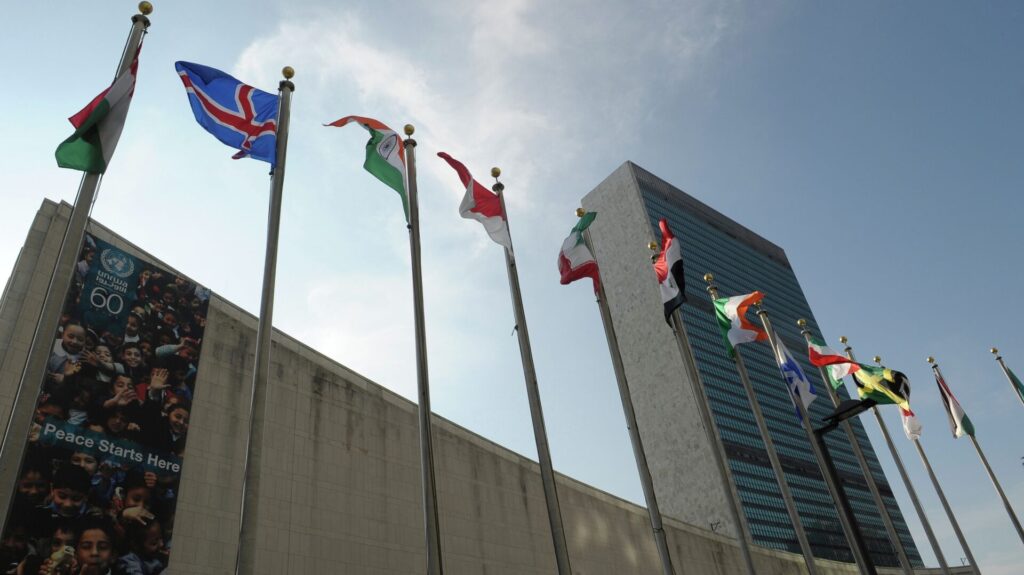The radical Taliban movement*, which has controlled power in Afghanistan since August 2021, appealed to the UN to give them the place of the Afghan representative in the organization. A corresponding statement was made by Taliban representative Zabihullah Mujahid, reports TV channel TOLOnews .
To this day, Afghanistan is represented at the UN by a staff of diplomats appointed by the pro-American government that was overthrown more than two years ago.
Mujahid said that not handing over the place to the Taliban would be an insult to the people of Afghanistan.
“This organization has separate goals. And we follow a different path, which is independence, freedom and the Islamic system. Naturally, their [UN] path is different from ours, but a great injustice has been and will be committed against the people of Afghanistan if the position [of the representative to the UN] is not transferred to the people of Afghanistan and the government [formed by the Taliban],” Mujahid said.
Until December 16, 2021, the Afghan representation at the UN was headed by Ghulam Ishaqzai, who was appointed to his post when the pro-American government controlled power in Kabul. He himself resigned due to the fact that real power in his home country passed to the radical Taliban movement. The new head of the Afghan representative office was Nasir Ahmad Faik, who was appointed to the office of the representative office also under the pro-American government in Kabul.
The UN cannot make concessions to the Taliban and achieve a change in the composition of the Afghan mission, since the Taliban government is not recognized by any state in the world.
It is worth noting that in a number of countries, local diplomatic missions were headed by representatives of the Taliban, despite their officially unrecognized status. These states include Iran, Russia, China, Pakistan and Turkmenistan.
In addition, the UN actually cooperates with the Taliban government to conduct its humanitarian missions in Afghanistan.
*The Taliban movement is recognized as terrorist and is banned in the Russian Federation and many other countries (we indicate as required by Russian legislation).
Source : Fergana


